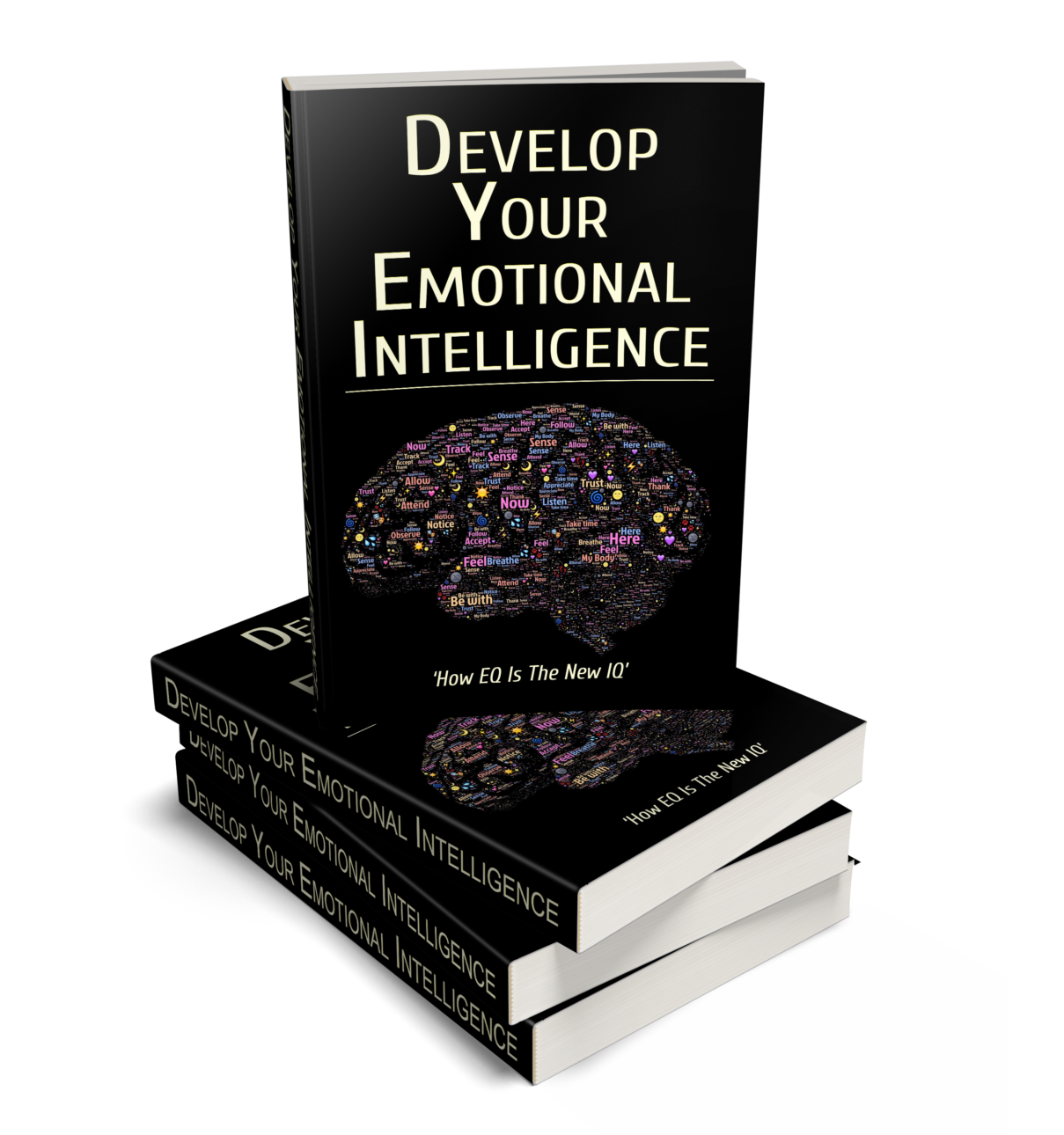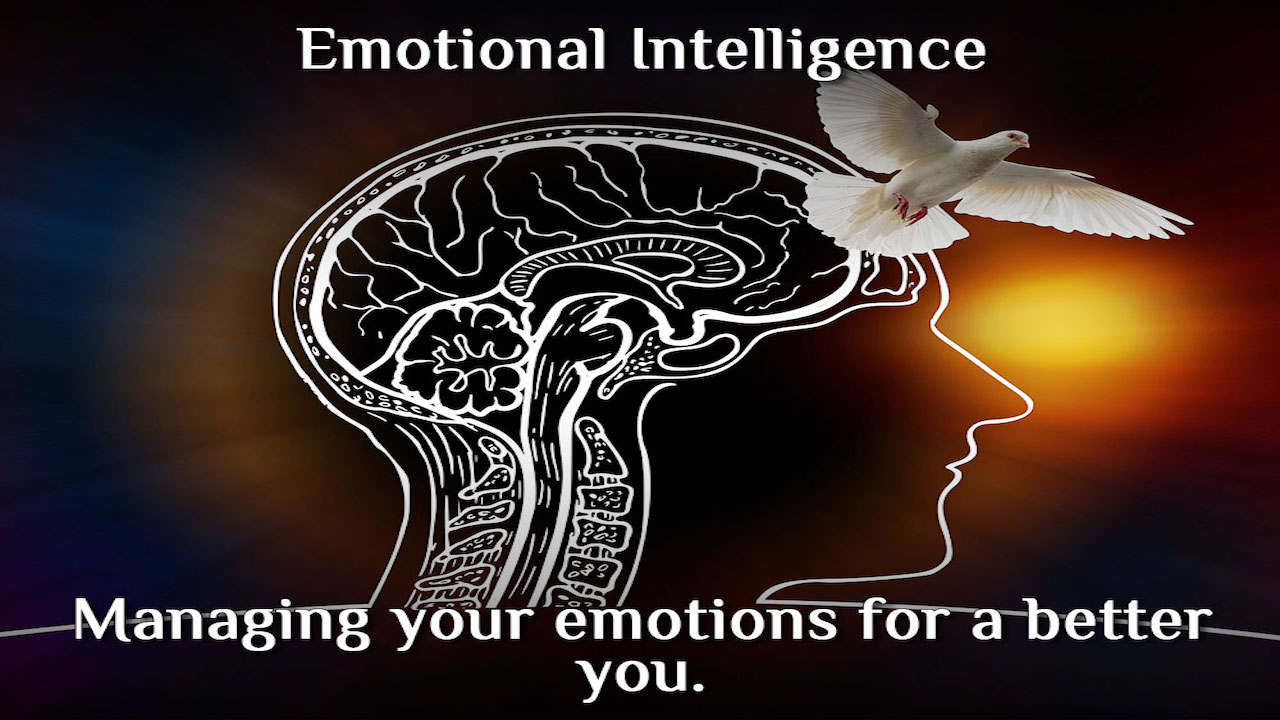Emotional intelligence or emotional quotient refers to a person’s ability to identify and manage their emotions, and the emotions of others. Being able to correctly identify the emotions of other people is a prerequisite for competent social skills, and enables beneficial and appropriate behaviors such as empathy.
It also enables a person to manage or influence the emotions of others. This implies an understanding of the power of emotion in terms of influencing behaviors, and consequently learning how to manage our own and other people’s emotions in response to particular life situations.
Many moments in our lives, often high-pressure ones, call for the ability to manage emotions well to deal and handle life situations better. Some of these moments are:
- When we are meeting a tight deadline
- When we’re going through changes
- In the midst of setbacks, failures, and difficulties
- How we give and receive feedback
- When we’re dealing with challenging relationships
- When our resources are insufficient
In the highly interdependent society that we live in today, our successes no longer solely depend on our own physical efforts. A huge part of it is largely determined by our ability to manage and tackle our own emotions, read other people’s signals, and respond to them appropriately.
According to renowned author Daniel Goleman, there are five key components of Emotional Intelligence. A person’s ability to manage all of these areas determines emotional quotient level or emotional intelligence. To further understand emotional intelligence, we need to look at these five key areas.
Self-awareness
This refers to the ability to identify a particular emotion as it happens. You need to be attuned to your true feelings to recognize this, which is also key to EQ. You can manage them better by evaluating your own emotions. Self-awareness itself is made up of two elements – emotional awareness and self-confidence.
Self-regulation
The emotions are very powerful, and it takes a load of effort to control them. But it is not impossible. The ability to regulate emotions is a key to emotional intelligence. There are helpful techniques to help alleviate the impact of negative emotions such as anger and anxiety.
Taking long walks, meditation, prayer, and writing in a journal are just some of these. The major elements of self-regulation are: self-control, conscientiousness, trustworthiness, innovation, and adaptability.
Motivation
Most of us are predisposed either towards a positive or a negative attitude. However, with more practice and effort, a person can learn to think more positively, which is key to motivation. Being able to motivate oneself is a key component of emotional intelligence. As with any kind of achievement, the presence of clear goals and a positive attitude are very important in hurdling challenges. Motivation entails commitment, the drive to achieve, initiative, and a positive mindset.
Empathy
This refers to a person’s ability to understand the emotions of other people. Empathy is a key component of emotional quotient, as this enables a person to discern the impact of their signals on other people.
This then makes it easier to control the signals they send out with some degree of knowledge over how they may be affecting others, or how other people are influenced by certain actions and behaviors.
An empathetic person is naturally proficient at understanding other people, meeting the needs of others, developing people, thriving in diversity, and sensing the emotional currents and political dynamics of a certain group. Your ability to place yourself in other people’s shoes is a key factor of emotional intelligence.
Social Skills
The ability to build rapport and maintain good relationships with other people is a major component of emotional intelligence. Social skills encompass a person’s ability to help others manage their emotions.
This is done by developing and using your own emotional maturity and awareness to a level where you can build and maintain good quality relationships.
Social skills or people skills nowadays is vital to a person’s life and career success. Developing better social skills entails good communication, sense of leadership, influence, ability to manage and initiate change, building rapport, conflict management, collaboration, and the capacity to work with a team.
Special Offer!
You Will Find This Course In You Earth Plus
Coming Soon
Learn How to Develop Your Emotional Intelligence

This Course provides the information you need to understand that your ‘EQ is the new IQ’!
This Course can help you understand what emotional intelligence is, and how it could be the missing piece of lifeís puzzle for you and many others. You can also learn the factors that contribute to emotional intelligence, and most importantly, how you can develop them to make your life happier and more successful! Here’s what you will learn…
- What is emotional intelligence?
- How can emotional intelligence reduce stress?
- Learn the telltale signs of low EQ (emotional intelligence).
- Discover what the signs are of high emotional intelligence!
- Learn effective ways to improve your own emotional intelligence and more!
As you can see it is a comprehensive guide you can start using today! The information we have provided in this report will help you to develop your own EQ and help you be the person you want to be if you are prepared to put in the personal effort!



